Finding Start Up Business Loans
One of the favorite parts of my job as a business advisor is helping entrepreneurs find start up business loans. Big loans, small loans… it doesn’t matter. To me, helping start ups find funds is like putting together pieces of a financial puzzle. To top it off… it’s so rewarding to help an entrepreneur bring his or her dreams to reality. With that in mind, let’s talk about some of the key areas I address when helping entrepreneurs find money.
What’s your credit score?
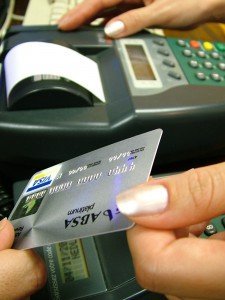 In the last article, I talked about personal guarantee clauses. In a nutshell, a personal guarantee clause is a section of the contract that says you’re liable for the debt if for some reason your business is unable to satisfy the debt. For this reason, your ability to obtain new debt for your business may be based on your credit score.
In the last article, I talked about personal guarantee clauses. In a nutshell, a personal guarantee clause is a section of the contract that says you’re liable for the debt if for some reason your business is unable to satisfy the debt. For this reason, your ability to obtain new debt for your business may be based on your credit score.
Many may think, oh no… my credit sucks. I’ll never be able to obtain a start up business loans for my business. Well, that depends. How sucky is sucky? You don’t have to have perfect credit to obtain a business loan. In fact, I work clients who have credit scores as low as 600. Sometimes I can even help find loans for those who are on the cusp of 600.
If you’re in the lower 500s, though, it’s time to work on your credit score. I’m talking paying bills on time and paying down debt. Lenders understand a few mistakes here and there. However, the lower 500s is really telling lenders you don’t really have any intentions of repaying back the money they’d loan.
What your business is about?
I imagine the last thing a business lender wants to hear is, I need money to start a business, but I’m not sure what type. I imagine some of you reading this even think that’s odd. Yet, it happens. I want to do a palm-forehead slap when folks tell me they’ve already been to the bank, but don’t even know what they want to do.
That’s similar to going to your bank and asking for an undisclosed amount for a loan and telling them you don’t know what to buy yet. Doh! Don’t do that.
I get clients in my office from time to time who want to be a business owner but don’t know what kind of business they want to own. That’s okay for me. I tell my clients to make all their mistakes with me, so they can approach the lenders properly.
So for you, I’m telling you to be able to articulate what your product and/or service is before you visit the bank. Even better, write a business plan. It’ll show you’ve got your act together and have thought out your business thoroughly.
Where are your financial projections?
 This is the BIG piece and should be included in your business plan. Even for those who’ve thought through their business plans, I receive more bank referrals for this piece than anything. And honestly, building financial projections is one of my favorite tasks as a business advisor. With the holiday seasons slowing down, I don’t know when the last time I did projections was. Today, a new client sent me numbers to start building his financial projections. I was so excited when I received the email, I bounced in my seat and clapped my hands like a giddy child.
This is the BIG piece and should be included in your business plan. Even for those who’ve thought through their business plans, I receive more bank referrals for this piece than anything. And honestly, building financial projections is one of my favorite tasks as a business advisor. With the holiday seasons slowing down, I don’t know when the last time I did projections was. Today, a new client sent me numbers to start building his financial projections. I was so excited when I received the email, I bounced in my seat and clapped my hands like a giddy child.
Yes… I have those moments. Don’t judge me.
At a minimum, your financial projections should include a Cover Page, Source and Use of Funds, Loan Requests, and typically 3 years projection of Expenses and Revenue (AKA Income Statement) and Cash Flow. Most lenders will also want a Balance Sheet. If you’re wondering how to create any of the parts of your financial projections, I encourage you to click any of the links above for instruction and templates.
Really what banks are looking for is your business’s potential profitability and your ability to repay the loan regardless of whether your business succeeds or fails.
Where to look for the mulah…
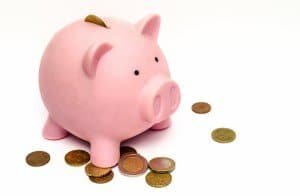 The first place I always encourage my clients to turn is to the bank. In fact, many of the other programs I partner with require you to have a primary lender (the bank) or be declined by a bank. It’s odd to think a bank has to tell you no before you qualify for other programs, but it happens. The programs I work with don’t want to compete with the banks. Rather, they like to partner with banks to help put entrepreneurs in business. These partners can sometimes fund your entire project or even help you bridge the financial gap between your funds and the funds the bank lends you.
The first place I always encourage my clients to turn is to the bank. In fact, many of the other programs I partner with require you to have a primary lender (the bank) or be declined by a bank. It’s odd to think a bank has to tell you no before you qualify for other programs, but it happens. The programs I work with don’t want to compete with the banks. Rather, they like to partner with banks to help put entrepreneurs in business. These partners can sometimes fund your entire project or even help you bridge the financial gap between your funds and the funds the bank lends you.
After you go to the bank, other sources might be your local economic developer. At least in my part of the country, economic development is big… BIG. Like me, many economic developers believe small businesses are the backbone of America and try to support their local companies. You might try main street loans, grants for things like marketing, signs, and other expenses, and general start up assistance through your local developer.
Another place might be your state Department of Commerce. A big focus for the Department of Commerce is bringing money into the state. Not only do small businesses circulate money, which helps grow the economy, but they often times bring in revenue from outside their state, creating “new money” for their communities
 Tourism can also be a big one, as it also brings in new money. If you have a business that encourages tourists to stay overnight, you should look into tourism grants at the state and local level.
Tourism can also be a big one, as it also brings in new money. If you have a business that encourages tourists to stay overnight, you should look into tourism grants at the state and local level.
The federal government also offers grants and loan programs. One of the biggest surprises, when I started working as a business advisor, is the programs the USDA has. They have a vast program which includes funding for infrastructure, energy efficiency, equipment… the list goes on. The Small Business Administration (SBA) also offers start up business loans and even loan guarantees.
When it comes to finding start up business loans, keep in mind that there is more places to go than just your bank.
What about this article was your biggest take away?


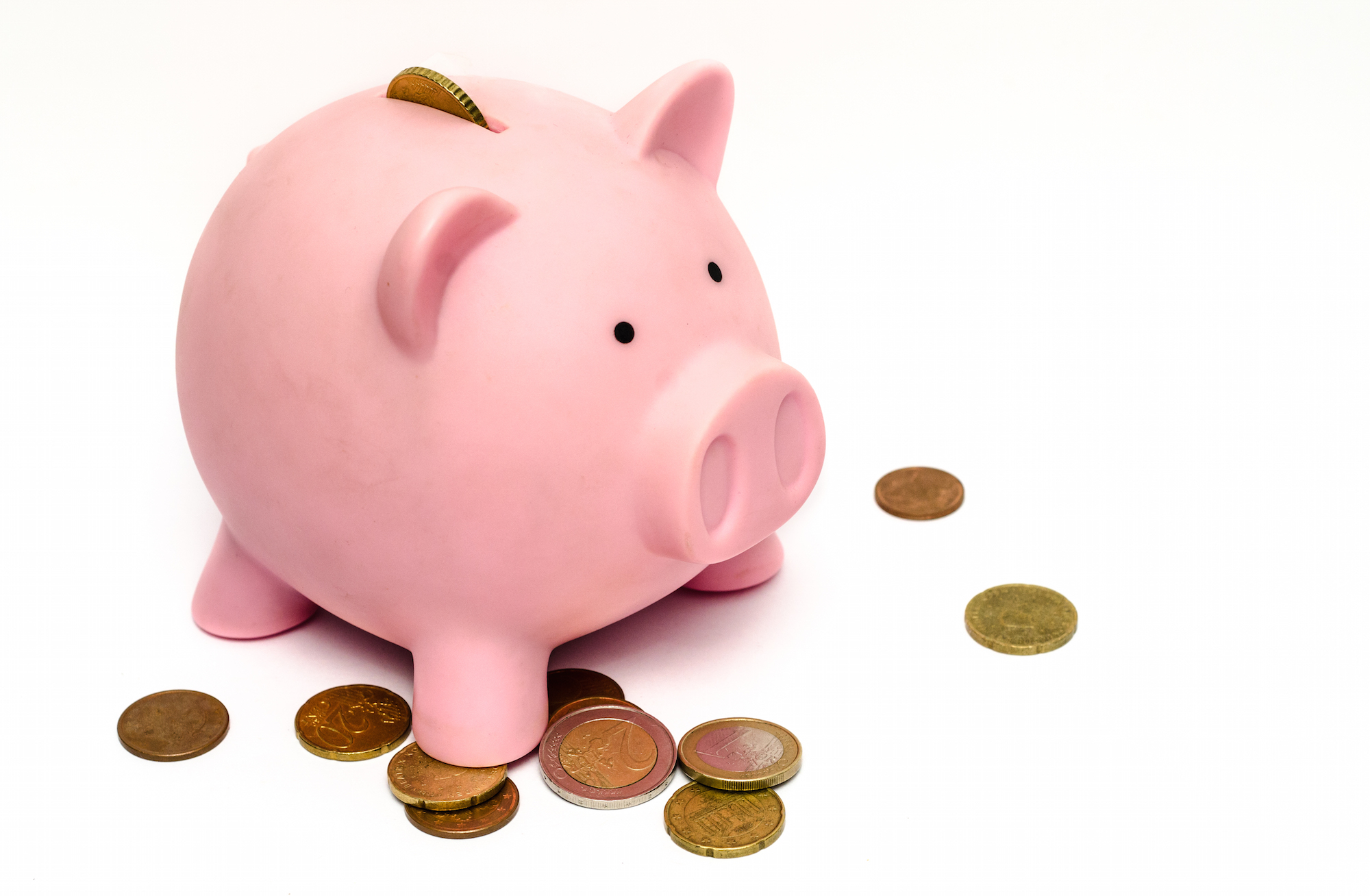
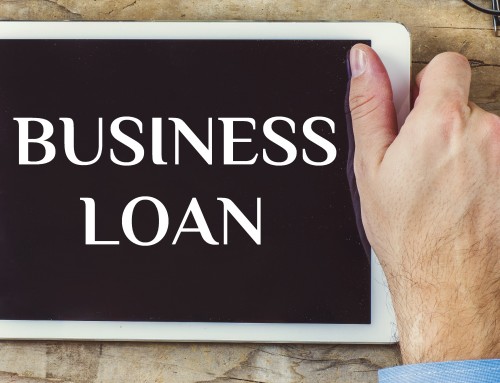
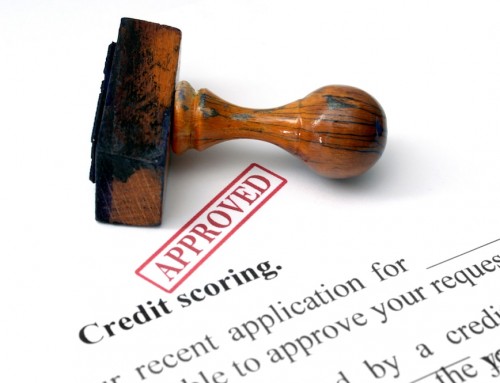
Leave A Comment